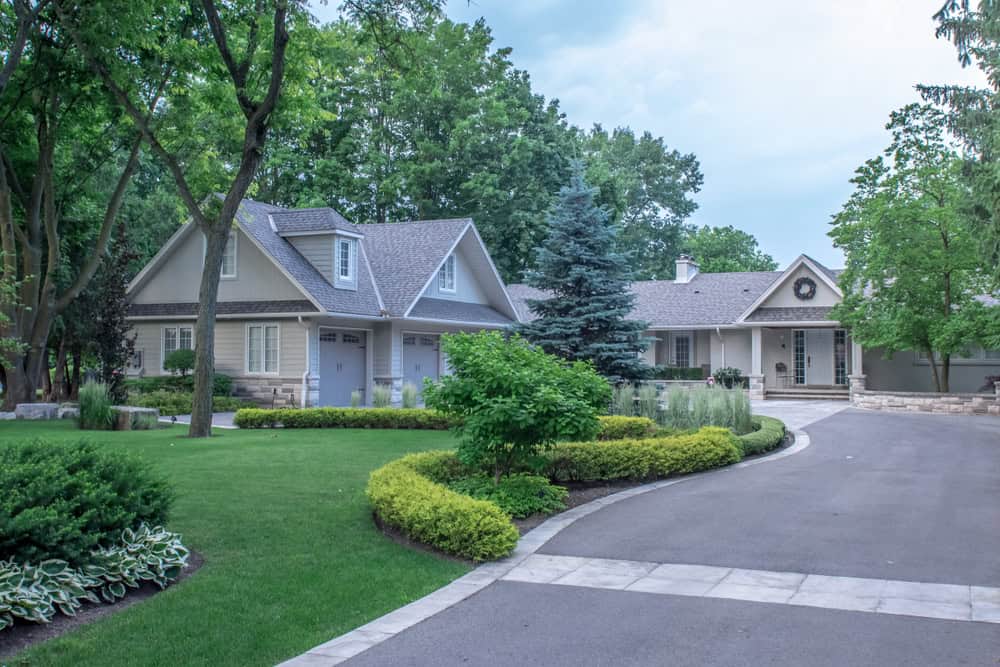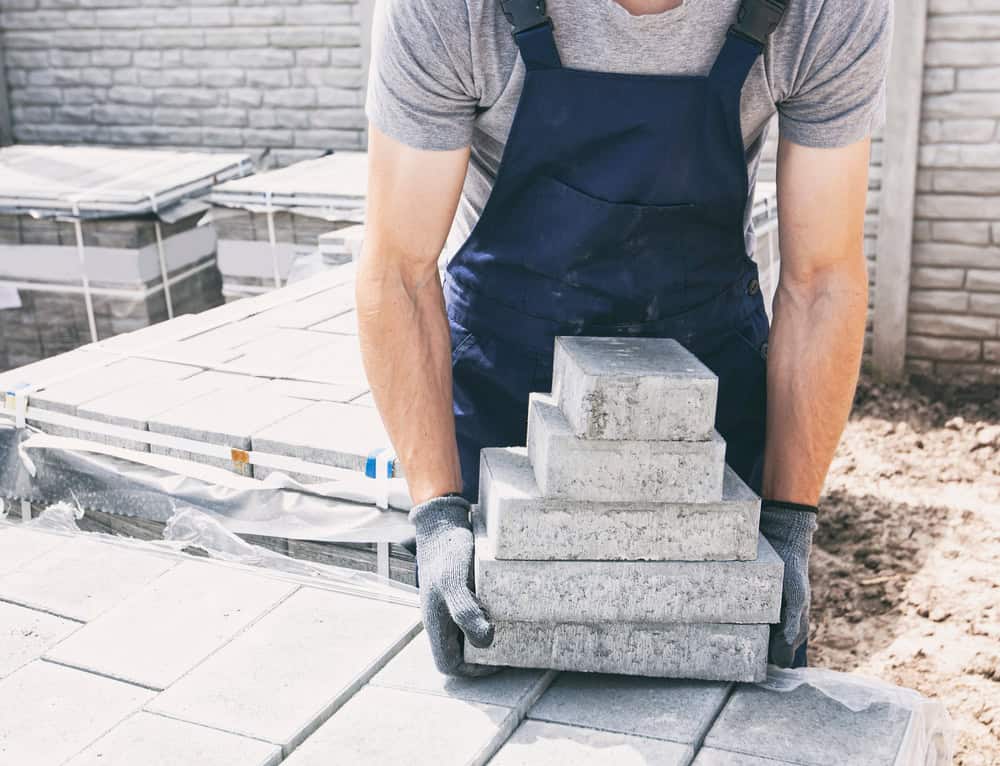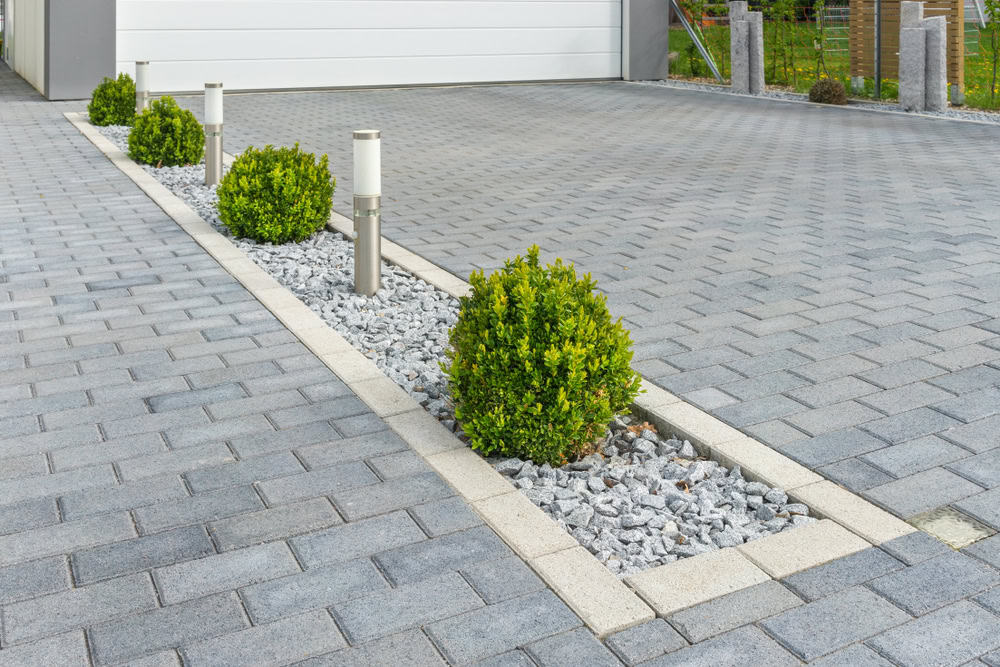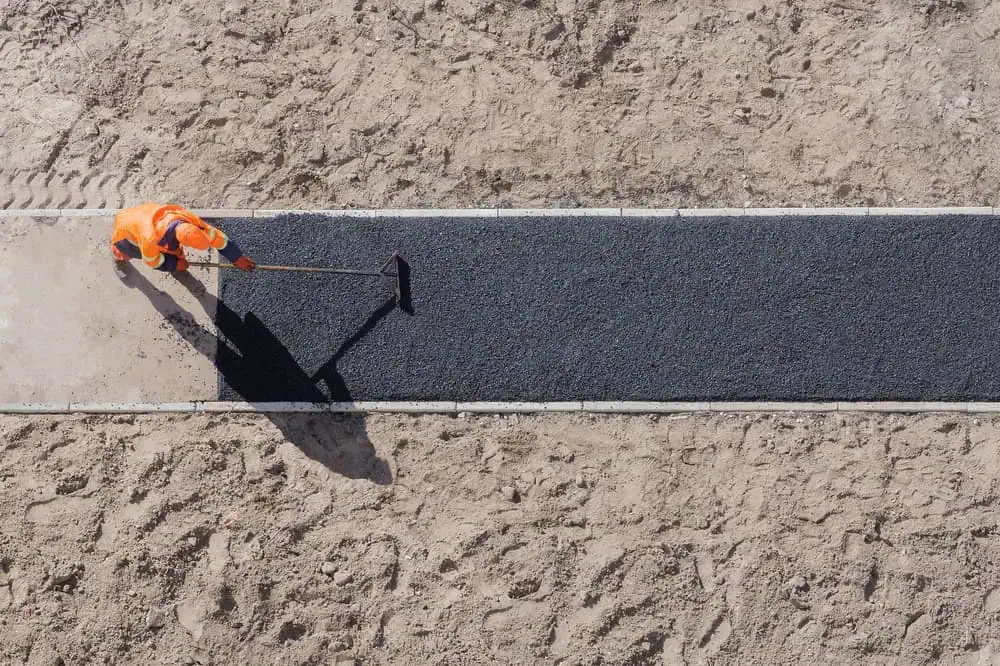Professional paver installation with proper base prep, drainage that works, and materials tough enough for New England weather.


You want an outdoor space that looks great and stays that way. Not pavers that shift after the first winter or develop drainage problems that flood your basement.
When paving installation is done right, you get surfaces that handle Massachusetts freeze-thaw cycles without cracking or settling. Your patio becomes the place where you actually want to spend time. Your driveway adds real value to your property instead of becoming a maintenance headache.
The difference comes down to the foundation work you don’t usually see. Proper excavation depth, solid base materials, and drainage that keeps water away from your home; these aren’t extras—they’re what make a paver installation last instead of fail.
Academy Masonry has been installing pavers in Wilmington and surrounding areas for years. As local paving contractors, we understand the region’s soil conditions, drainage challenges, and building requirements that affect paving projects.
You’re not getting a crew that picked up paving installation tips from YouTube. Our team knows exactly how proper base prep prevents headaches down the road. We use quality materials from trusted suppliers and stick to installation standards that stand up to New England weather.

Every paving installation project starts with proper excavation. We dig to the right depth based on your soil conditions and intended use. No guessing, no shortcuts.
Next is base prep—the part that determines whether your pavers stay level or turn into a hassle. We layer quality base material, compact it step by step, and check the grade so water drains right. It takes extra time, but that’s what keeps your pavers looking great and trouble-free.
Then we install your pavers with proper edge restraints and joint sand. Final compaction locks everything in place. You get a surface that’s ready to use and built to handle whatever New England weather brings.

Ready to get started?
When it comes to pavers, the options are endless. Brick paving give you that classic New England look with proven durability. Concrete pavers offer more design options and consistent sizing. Natural stone pavers provide unique character but require different installation techniques.
We help you the right option for your budget, maintenance preferences, and how you p;an using the space. A patio where you entertain needs different considerations than a driveway that handles daily traffic. Your drainage requirements matter, too. Some areas benefit from permeable pavers that help manage stormwater.
You’ll see material samples, understand the differences in longevity and maintenance, and get clear answers about what works best for your specific circumstances in Wilmington’s climate.

Local Resources